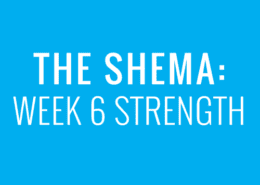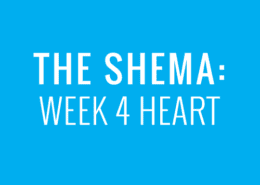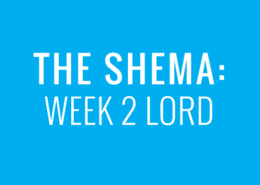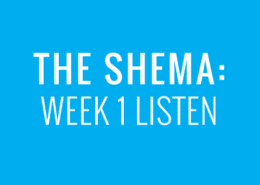
SHEMA: WEEK 1 SHEMA/LISTEN
Review the notes below.
Look In:
The Hebrew word Shema is translated as “hear”, but it means more than to just hear the sound, it means “to pay attention to”, or “focus on.” In fact, it can have an even deeper meaning requiring the hearer to “respond to what you hear.” It calls for a response to what you hear or are told, to act upon or do something related to the command. In other words, Shema often means “Listen and Obey.” It’s two sides of the same coin where what comes in one’s ear is understood and results in action. To not take proper action (i.e.; obey) is to not listen and therefore to show disrespect.
- What are some examples of commands God gave to the Israelites that they did not Shema/Obey?
- Do we (people) all have a history of not obeying and disrespecting God? Is there no one who has listened?
Look Forward:
Point: We show our love by our obedience to His commands and obedience is easy if we love him with our all, our everything.
- What are some examples of commands that God gave to us that we have not Shema/obeyed?
- Is God asking you to Shema/Obey anything specifically at this time? (Forgive someone, stop an activity, start an activity, ask for forgiveness, share the Good News with someone, pray for someone, help someone).
- How can you obey God this week? Be specific, what is your action plan?
Pray for one another to do these things.
Helpful Resources:
The Bible Project: What is the Shema?








